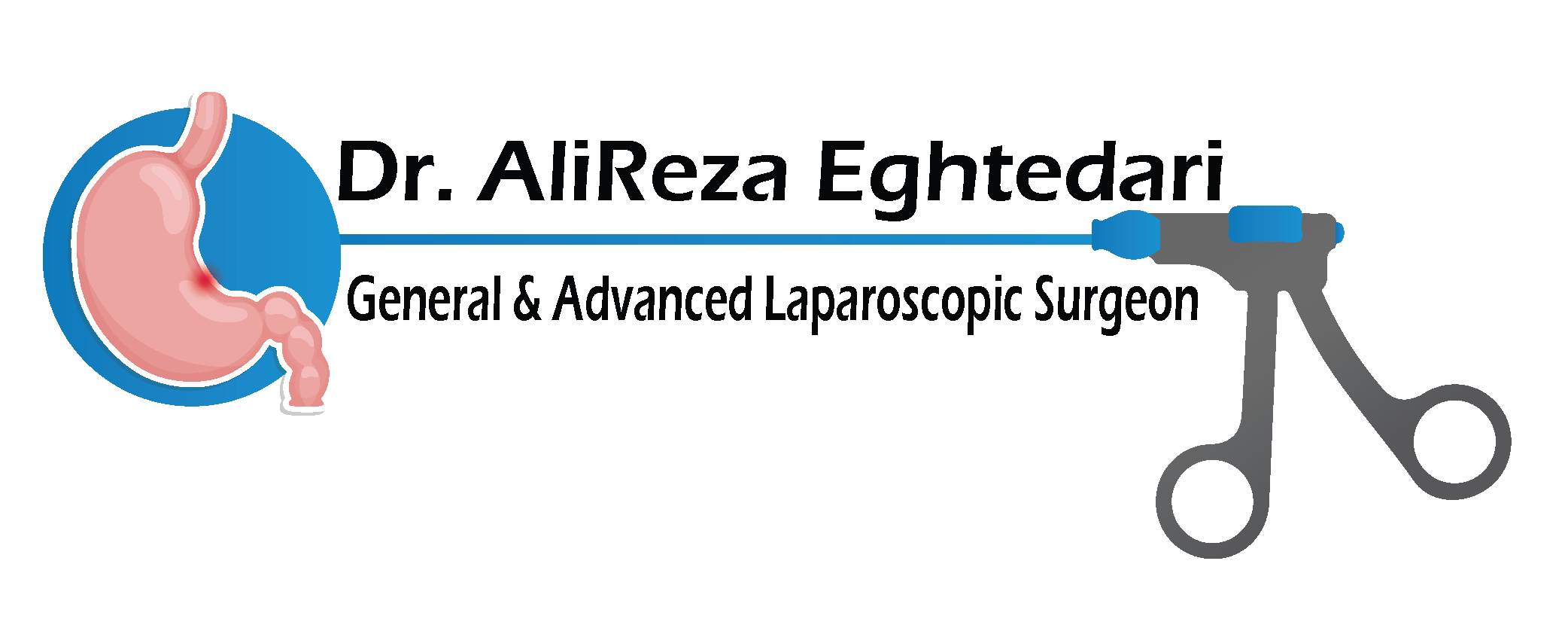Umbilical Hernia Surgery in Dubai by Dr. Ali Reza
What is an Umbilical Hernia?
An umbilical hernia is a protrusion in the umbilicus that can be seen or felt. This hernia occurs when a section of the abdominal lining, and/or fluid from the abdomen pass through the abdominal wall muscle. Umbilical hernias are very prevalent, affecting 10% to 20% of all children. Umbilical hernias are more common in low-birth-weight and preterm babies. It can affect boys as well as girls.
Symptoms of Umbilical Hernia
A protrusion or swelling in the belly button area indicates an umbilical hernia. When the infant cries, the swelling may become more obvious, then diminish or disappear when the baby is silent. When a doctor gently presses on the bulge when the child is lying down and quiet, it usually shrinks or returns to the abdomen.
The intestine might become stuck within the umbilical hernia at times. An incarcerated hernia is the medical term for this condition. The youngster normally experiences great discomfort and the protrusion may be firm and red. To avoid gut damage, an urgent medical evaluation is essential to rule out an incarcerated hernia. It is rare for this case to happen.
Causes of Umbilical Hernia
During pregnancy, the umbilical cord joins a woman and her fetus. The umbilical cords of new borns enter via a small gap between the muscles of their abdominal wall. The hole usually closes soon after birth. When layers of the abdominal wall don’t connect entirely; the intestine or other tissues from inside the abdominal cavity burst through the weak region around the belly button. This causes an umbilical hernia.
Umbilical hernias are usually painless and cause little discomfort. Most of the umbilical hernias will close on their own. If an umbilical hernia does not close by the time a kid reaches the age of four, therapy is required. You may also consult with the best surgeon for umbilical hernia surgery in UAE for the exact solution.
When too much pressure is applied to a weak part of the abdominal muscles, an umbilical hernia develops in adulthood. Some possible causes include:
- Excess fluid in the abdominal cavity
- having a persistent, heavy cough
- frequent pregnancies
- being overweight
- abdominal surgery
- multiple gestation pregnancies
Risk factors
Age: Infants who are born prematurely, are more likely than adults to have an umbilical hernia.
Coughing : Coughing for a long time increases the risk of hernias because the force of coughing exerts pressure on the abdominal wall.
Obesity : Obese children and adults have a much-increased chance of getting an umbilical hernia than those with a BMI in the healthy weight range.
Pregnancy : Pregnant women are more likely to develop an umbilical hernia. Hernias are more likely in multiple pregnancies.
Treatment/Repair of Umbilical Hernia
Many umbilical hernias close on their own between the ages of 3 and 4. Surgical repair is frequently recommended if closure does not occur by this time. Surgical treatment may be recommended in younger children if there has been an episode of incarceration or if the hernia is particularly big. The umbilical hernia surgery is done under general anaesthesia.
At the base of the abdominal button, a tiny incision is created. If there is any intestine in the hernia, it is returned to the abdominal cavity. To avoid another hernia, the opening in the muscle is closed with many layers of sutures. The belly button is kept flat with a dressing and/or incision adhesive.
While premature infants and children with certain medical issues may need to stay in the hospital overnight, most children can go home following surgery within a few hours.
Book an appointment for Umbilical Hernia Surgery in Dubai
Hernia repair is a relatively straightforward and common treatment. While all procedures carry some risk, most children can return home after umbilical hernia surgery in a few hours. Heavy physical activity should be avoided for three weeks after surgery. Once the hernia has been effectively minimized and closed, it is rare to recur.
This form of hernia is common in babies and usually goes away on its own. Extra pressure on the abdominal wall causes the majority of adult umbilical hernias. This added stress may result from bearing many pregnancies or exerting extreme strain. Adult umbilical hernias have a higher risk of complications, and they almost always require surgery to repair. Hernia surgery usually takes 20–30 minutes, and the patient is put under general anaesthesia for the entire treatment.
Today, it is quick and easy to consult an authentic surgeon for any kind of health issue. If anyone is looking forward to a qualified surgeon in UAE for umbilical hernia surgery, Dr. Ali Reza is the name you can trust. He has many years of experience in this field and has proven to be a blessing to thousands of lives so far.
